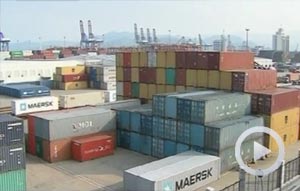China more 'normal' than 'exotic', new book shows
Updated: 2013-07-05 11:38
By Kelly Chung Dawson in New York (China Daily)
|
||||||||
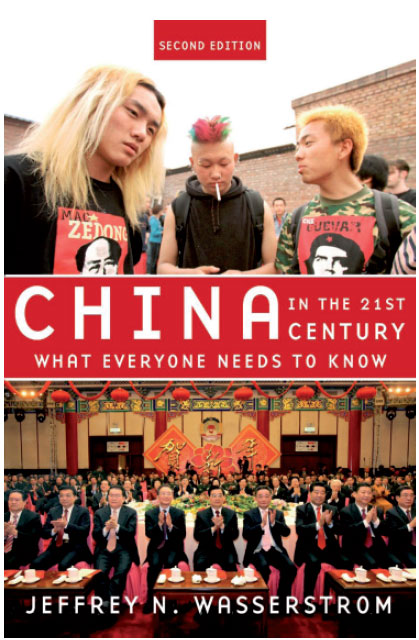
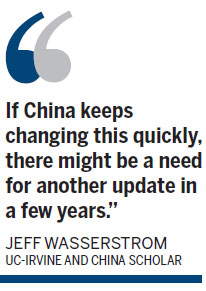
When UC-Irvine and China scholar Jeff Wasserstrom's handbook China in the 21st century: What Everyone Needs to Know was published in 2010, the after effects of the 2008 Olympics were still being felt, even as the Shanghai Expo loomed. The importance of such "mega events" seemed an important part of the China narrative.
Three years later, Wasserstrom has released an updated version of the book, and the significance of such events - and the narrative itself - has already morphed. The sections on mega events have been streamlined, others expanded and a number of new subjects feature prominently.
"If China keeps changing this quickly, there might be a need for another update in a few years," Wasserstrom told China Daily. "It seems likely now that China's relations with the US will only become more complicated, and understanding China in a nuanced way will become more and more important each year."
Wasserstrom, who is part of the team that edits the popular blog China Beat, recruited Maura Elizabeth Cunningham, a fellow editor and visiting scholar at the Shanghai Academy of Social Sciences, to work on the second edition. Presented in a question-and-answer format, the book attempts to explain China's history, culture and what factors might affect its future. Many of the questions included in the book were asked of Wasserstrom during his book tour for the earlier edition.
The questions include: How did dynasties interact with foreign countries? Is China truly an atheist state? What does the digital divide mean in China? And will China become the world's dominant economic power?
Some of the book's answers draw on straightforward historical accounts of China's past, while others require Wasserstrom and Cunningham to make predictions and analyze facets of Chinese culture that reflect a particular point of view - as most historians do, he notes.
But if the answers reflect the personal opinions of two well-versed China experts, the book does its best to steer clear of prevalent media narratives, Wasserstrom said.
"The books and stories that get the broadest public attention are often either too fearful or too hopeful in their view of China," he said. "One misconception plays into the idea that China is the opposite of America, while the other narrative falls into the fantasy that China is on the verge of Americanizing itself. I wanted to avoid taking the stance of either a so-called 'China Basher' or a 'Panda Hugger'. Those views are too simplistic."
He cited the 2010 book When China Rules the World, which capitalized on a title meant to stoke "sinophobia," but in content actually played to a sense of "sinomania".
Western readers are rarely exposed to a middle-ground view, despite that almost every story in the Western media now includes a China angle, Wasserstrom said.
"We hope that someone who reads China in the 21st Century will come away from it understanding more about where China has been and why we can't predict where it might be going, and why offering a simple sound bite about China rising or falling isn't possible," Cunningham said. "And while American readers might come to the book thinking of China as an alien country on the other side of the world, I hope that by the time they finish it, they see that China and the United States have a surprising amount in common."
The urge to compare and contrast the countries can be useful, Wasserstrom said. The two countries self-identify as resisting imperialism while exerting influence over other parts of the world; both countries frequently stand apart from the rest of the world on international issues. Culturally, Chinese and Americans love a good rags-to-riches story, he said. But any attempt to classify a country can lead to the kinds of misunderstandings that have occurred when people have tried to group China with central and eastern European former communist countries.
"Comparisons can be a great tool, but when you put China in a category chances are you're missing major things you wouldn't see if you thought about it in a different comparative frame," he said.
Western readers often pay most attention to the stories that corroborate their existing beliefs about China, a natural human impulse, he said. One such case is the widespread American assumption that sex-selective abortions are not only encouraged by the Chinese government but sanctioned by law. While female infanticide is arguably a byproduct of the one child policy, this assumption is inaccurate, he said.
Wasserstrom, who writes a lot of op-ed pieces, is particularly interested in comparisons that will make Western readers uncomfortable, he said. He has argued that the history of China and Tibet is easily compared to Hawaii and the US, and Andrew Jackson's appearance on US currency is an example of how a culture can celebrate or admire a person not for their bad deeds but for their overall contributions to a culture. (Jackson, seventh president of the US, was responsible for the forced relocation of thousands of Native Americans in the 1800s.)
"There's a fantasy in the US about 'Big Bad China' versus 'the good Chinese people', and often when we read things that don't fit in with our own narratives, we ignore them," he said. "Misinformation is accepted because it comforts us and fits our preconceptions."
Above all, he hopes that Western readers will come away from the book with the simple understanding that China is "normal", he said. "It's a normal country filled with normal people going through extraordinary times, and yet living lives and facing challenges any one of us here in the US would relate to. It's better to think of China that way than to think of it as exotic or alien."
kdawson@chinadailyusa.com
(China Daily USA 07/05/2013 page11)

 Kobe Bryant reportedly has highest net worth in NBA
Kobe Bryant reportedly has highest net worth in NBA
 Chinese fleet arrives in Vladivostok for drills
Chinese fleet arrives in Vladivostok for drills
 Joey Chestnut wins 7th contest with 69 dogs
Joey Chestnut wins 7th contest with 69 dogs
 Lisicki, Bartoli to vie for new Wimbledon crown
Lisicki, Bartoli to vie for new Wimbledon crown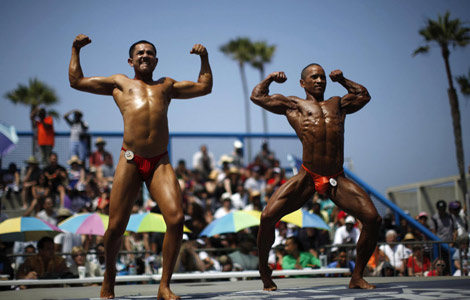
 Muscle Beach Independence Day
Muscle Beach Independence Day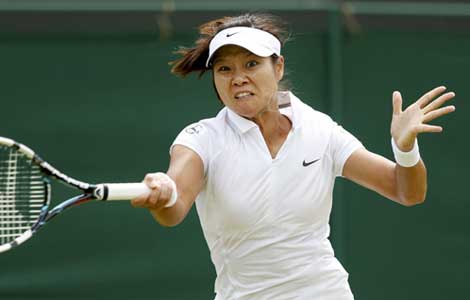
 Tough workout for Li Na in war of words
Tough workout for Li Na in war of words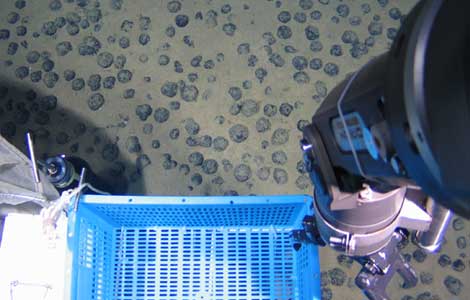
 Submersible taps mineral deposits in S China Sea
Submersible taps mineral deposits in S China Sea
 Ecuador finds spy mic for Assange meeting
Ecuador finds spy mic for Assange meeting
Most Viewed
Editor's Picks

|

|

|

|

|

|
Today's Top News
Missouri govt's veto won't stop Smithfield deal
Canadian potash deal shows trend among Chinese
Asian Americans more upbeat on home finances
Mandela on life support, faces 'impending death'
ROK to discuss Kaesong normalization with DPRK
Gunman shoots two, commits suicide in Texas
Baby formula probe to shake or reshape industry?
Passenger detained over bomb hoax in NE China
US Weekly

|

|

